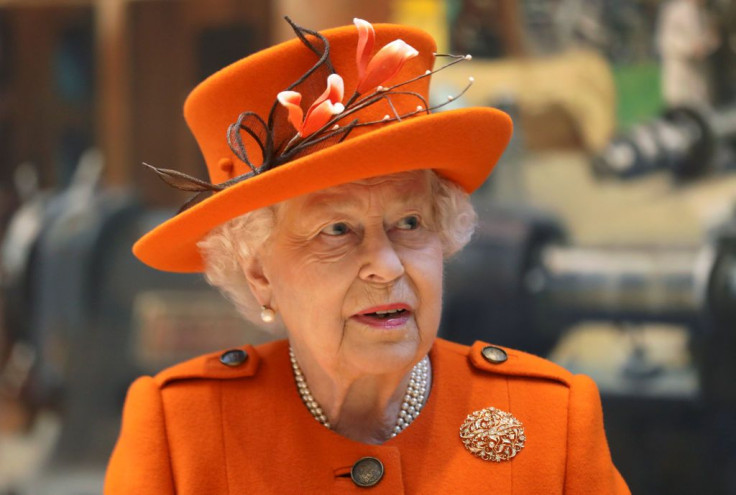Queen Elizabeth II Could Single-Handedly Appoint Someone To This Powerful Position

Recently, there have been rumors that Queen Elizabeth II has been unhappy with the way that Britain's political leadership have been conducting themselves. According to an insider, the British monarch has been discussing "her disappointment in the current political class and its ability to govern properly." However, what would happen if Prime Minister Boris Johnson lost a confidence vote in the House of Commons and refused to step down?
According to Express, if a Prime Minister loses such a vote they are expected to resign. If they don't, it is thought that it could trigger "the biggest constitutional crisis since the Civil War."
READ: Queen Elizabeth II Could Potentially Become Empress Of Britain: Does Anything Prevent It?
Last week, shadow chancellor John McDonnell said that if the case arose where Johnson refused to relinquish his authority, he would, as reported by the outlet, send "Jeremy Corbyn to Buckingham Palace 'in a cab' to tell the 93-year-old monarch the party was ready to assume power."
While this may be surprising to some, there is in fact a precedent for this type of situation. In 1963, the Queen appointed Alec Douglas-Home to the role even though he had not been elected to serve as the leader of his party at that time. This is due to the fact that constitutionally, she has the right to choose who fills the position. However, certain conventions that surround her role mean that she seldom acts or intervenes when it comes to matters of the state.
At the time that she opted to appoint Douglas-Home, the move was considered to be quite controversial, which is why she reportedly distanced herself both physically and personally from the situation at hand. However, Her Majesty has continued to stick with tradition when it comes to how she behaves within her role as the monarch and thus far has not seemingly made any political interventions.
© Copyright IBTimes 2024. All rights reserved.





















